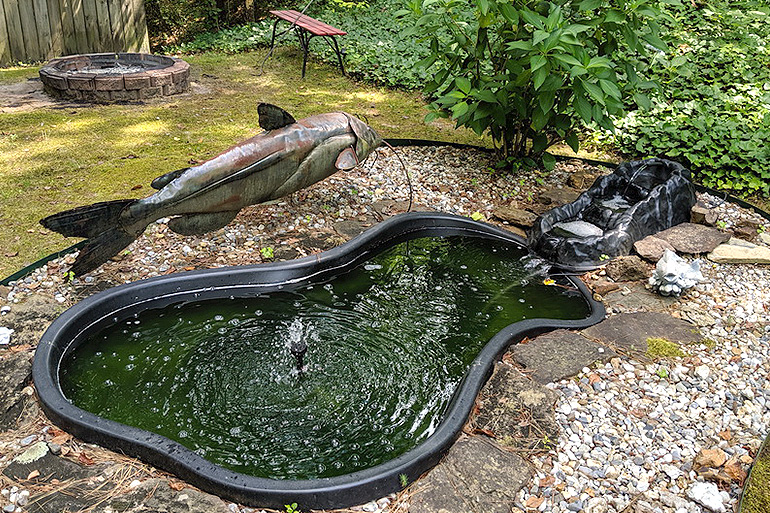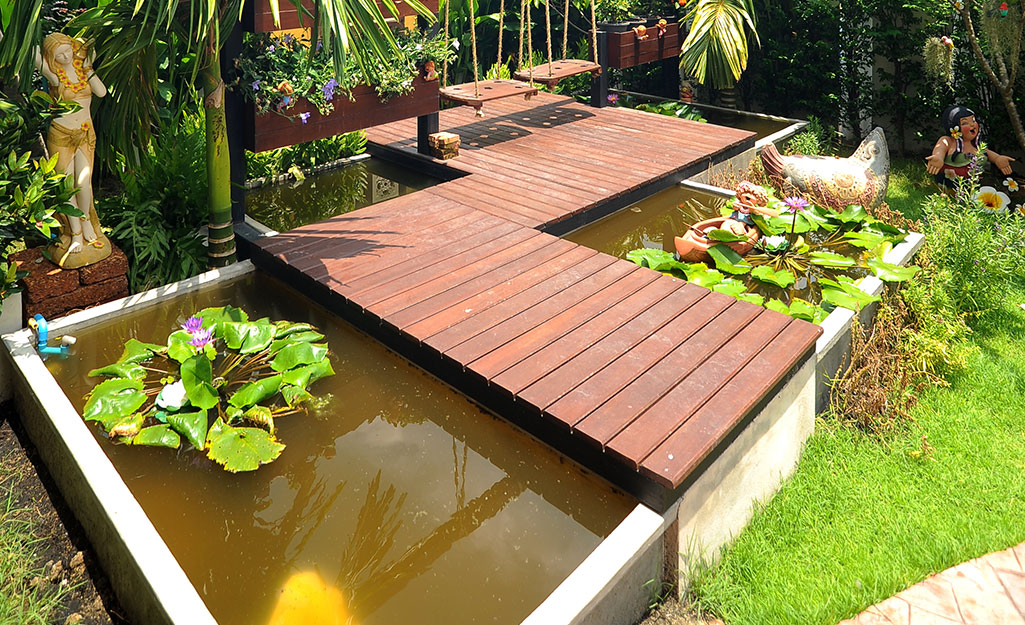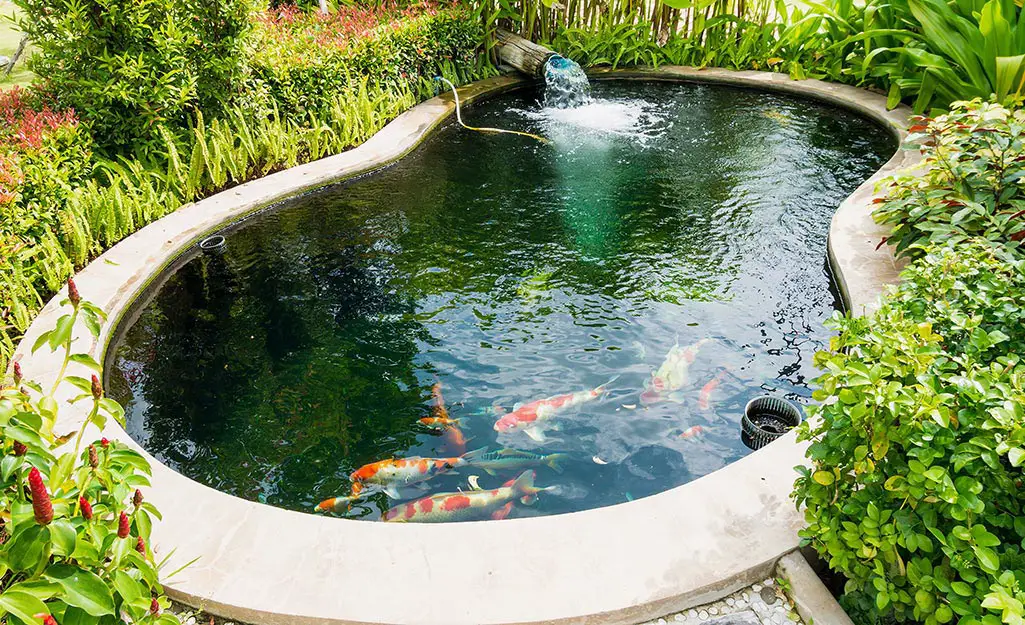Are you looking to add a touch of serenity and beauty to your backyard? Creating a fish pond can be a wonderful way to enhance your outdoor space. Not only does it provide a tranquil setting, but it also offers a habitat for fish and other aquatic life. In this comprehensive guide, we will walk you through the steps to create your own fish pond.

Credit: www.gameandfishmag.com

Credit: www.homedepot.com
Step 1: Planning and Design
The first step in creating a fish pond is to plan and design the layout. Consider the size of your backyard, the type of fish you want to keep, and the overall aesthetic you are aiming for. Determine the location of the pond, taking into account factors such as sunlight exposure and proximity to utilities.
Step 2: Choosing The Right Location
Choose a location that receives a good amount of sunlight but also has some shade to prevent overheating of the water. Make sure the area is level and free from overhanging trees or roots that could damage the pond liner.
Step 3: Digging the Pond
Once you have selected the location, it’s time to start digging the pond. Use a rope or hose to outline the shape of the pond, then begin excavating the area. The depth of the pond will depend on the type of fish you plan to keep, but a depth of at least 18 inches is recommended.
Step 4: Installing the Pond Liner
After the pond has been dug to the desired depth and shape, it’s time to install the pond liner. Choose a high-quality pond liner that is durable and puncture-resistant. Place the liner in the hole and smooth out any wrinkles or folds.
Step 5: Adding Water and Filtration System
Once the liner is in place, fill the pond with water. You can use tap water, but make sure to let it sit for a few days to allow any chlorine to dissipate. Install a filtration system to keep the water clean and clear for your fish.
Tips for Maintaining Your Fish Pond
- Regularly check the water quality and pH levels to ensure a healthy environment for your fish.
- Trim back any overhanging plants or trees that could drop leaves or debris into the pond.
- Monitor the temperature of the water, especially during extreme weather conditions.
- Feed your fish a balanced diet and avoid overfeeding, as uneaten food can pollute the water.
- Consider adding aquatic plants to provide oxygen and shelter for your fish.
Conclusion
Creating a fish pond can be a rewarding and enjoyable project that adds value to your home. By following these steps and tips, you can create a beautiful and thriving fish pond that will bring joy and tranquility to your outdoor space for years to come.





